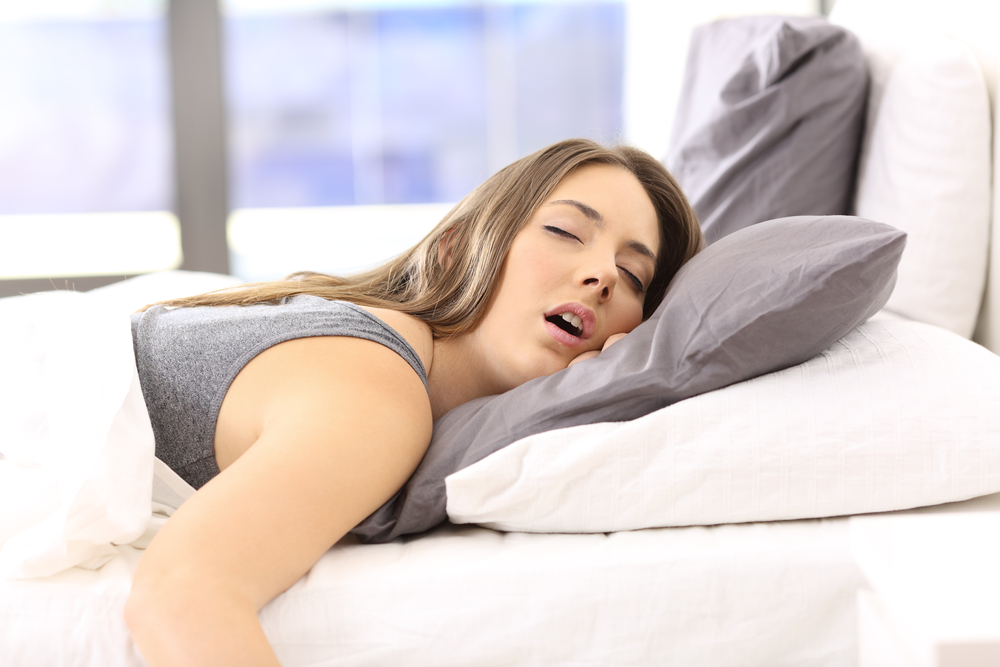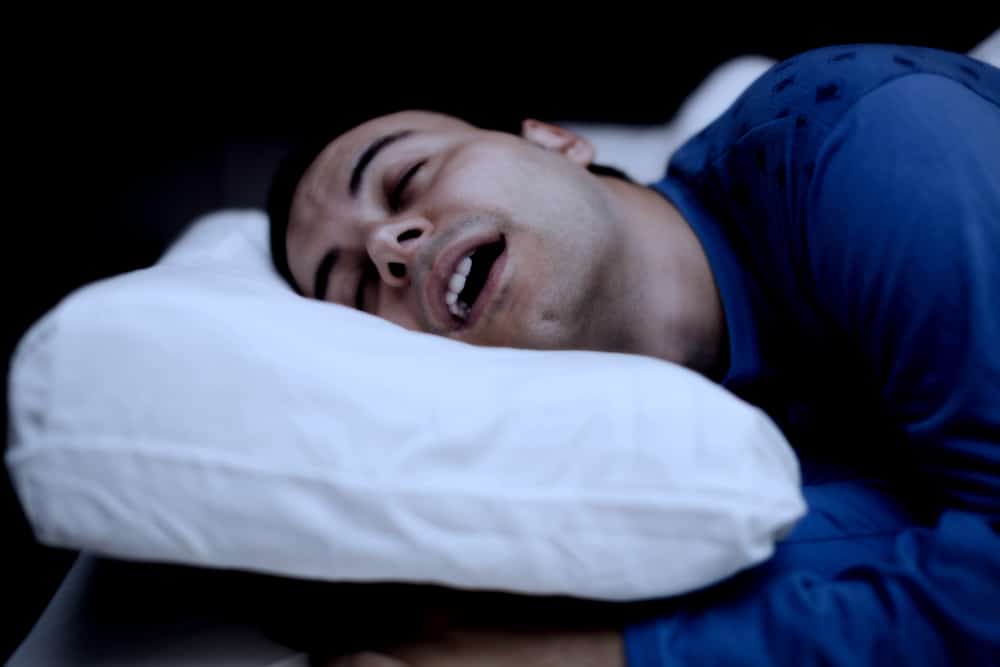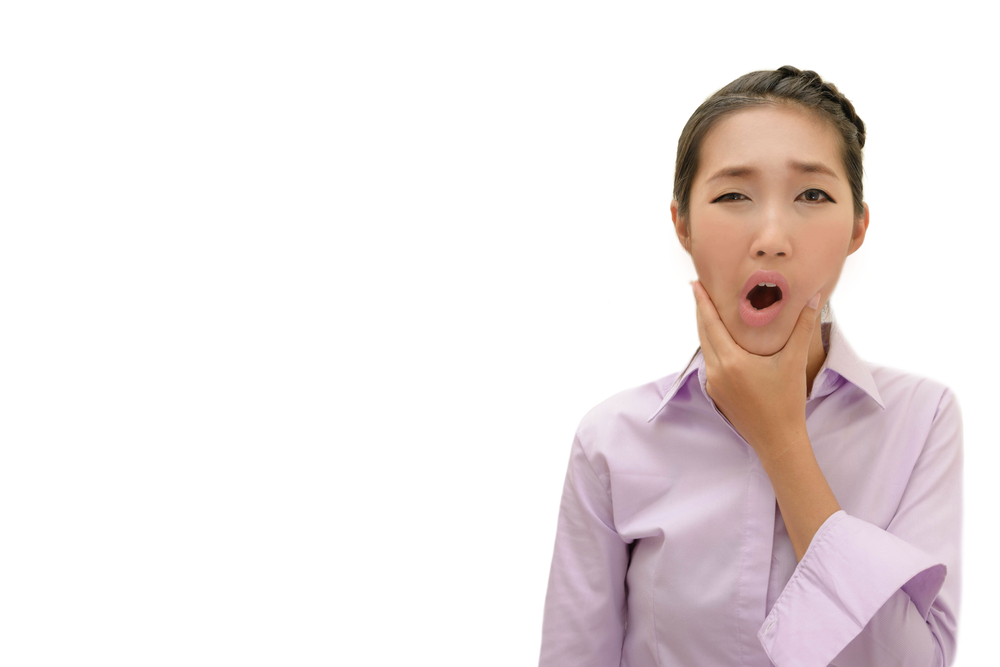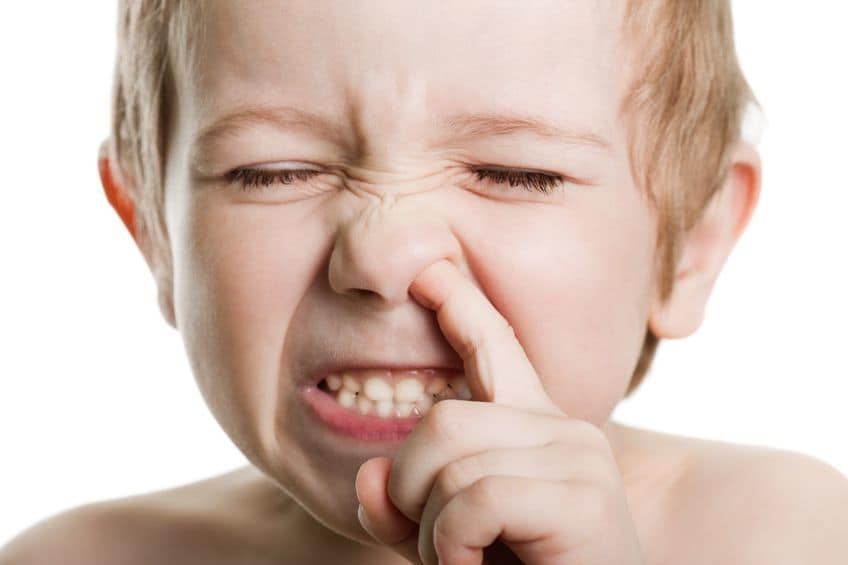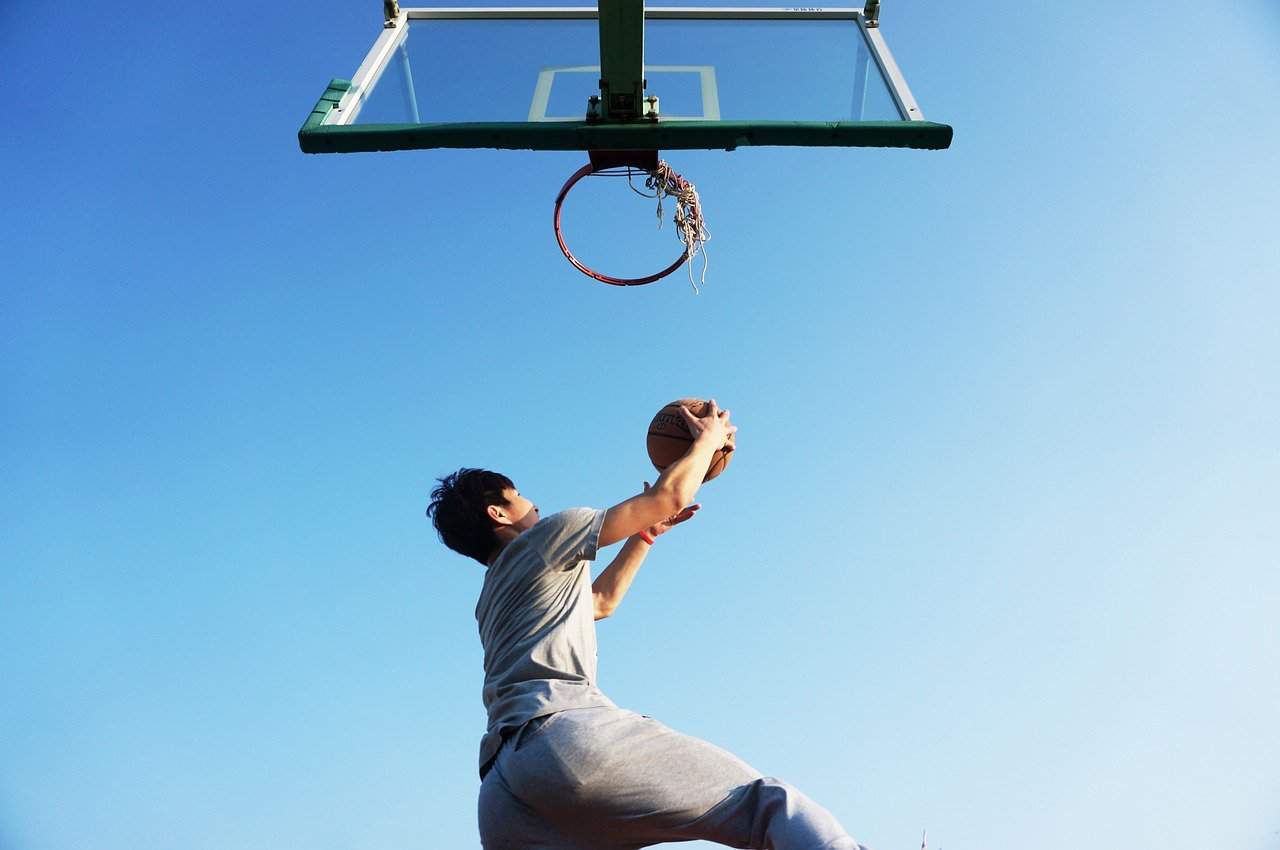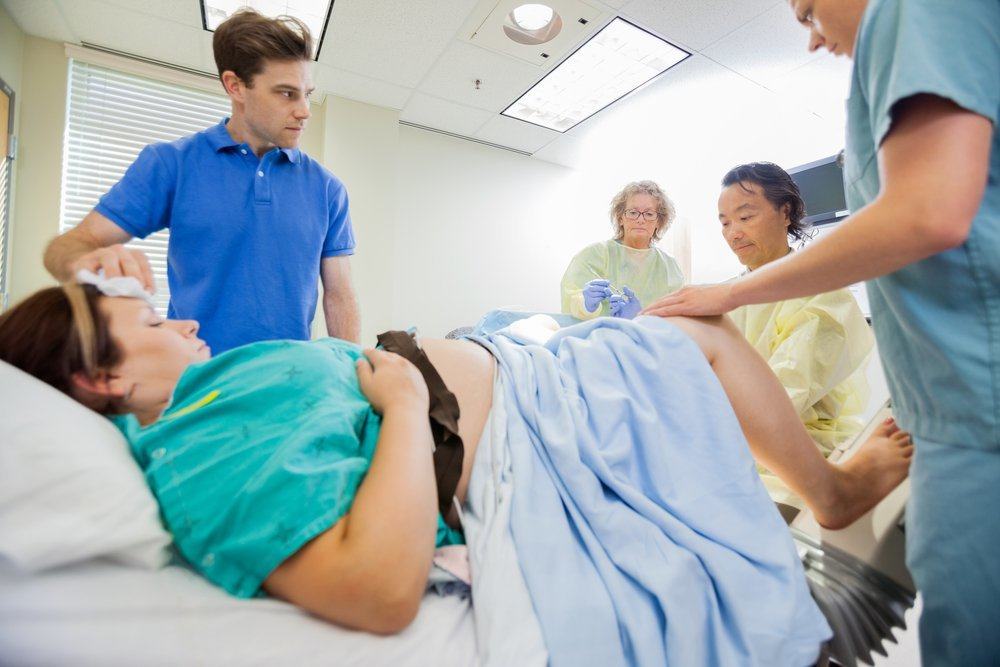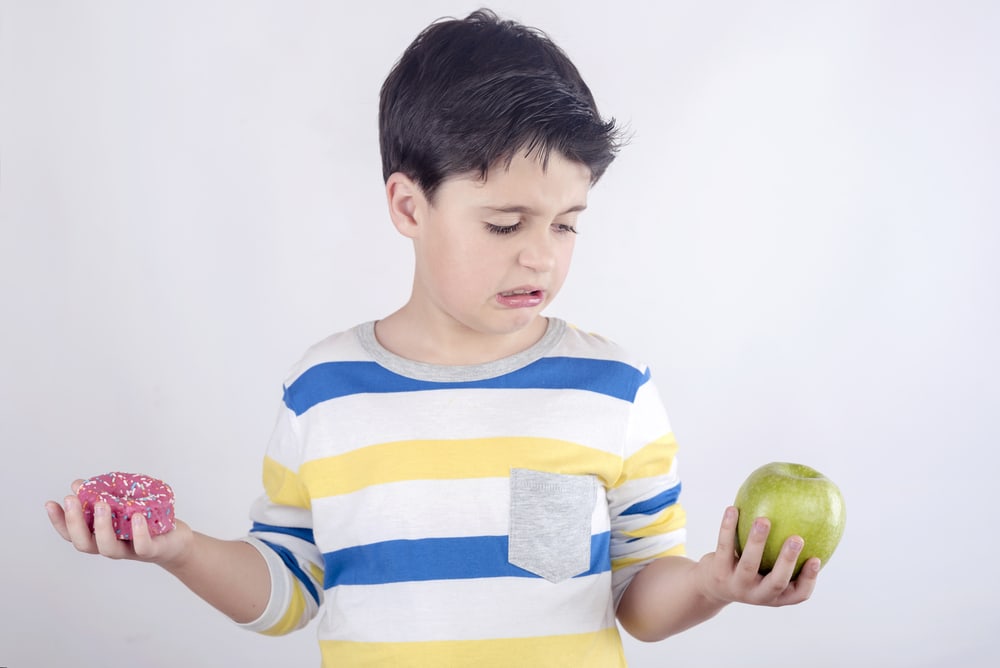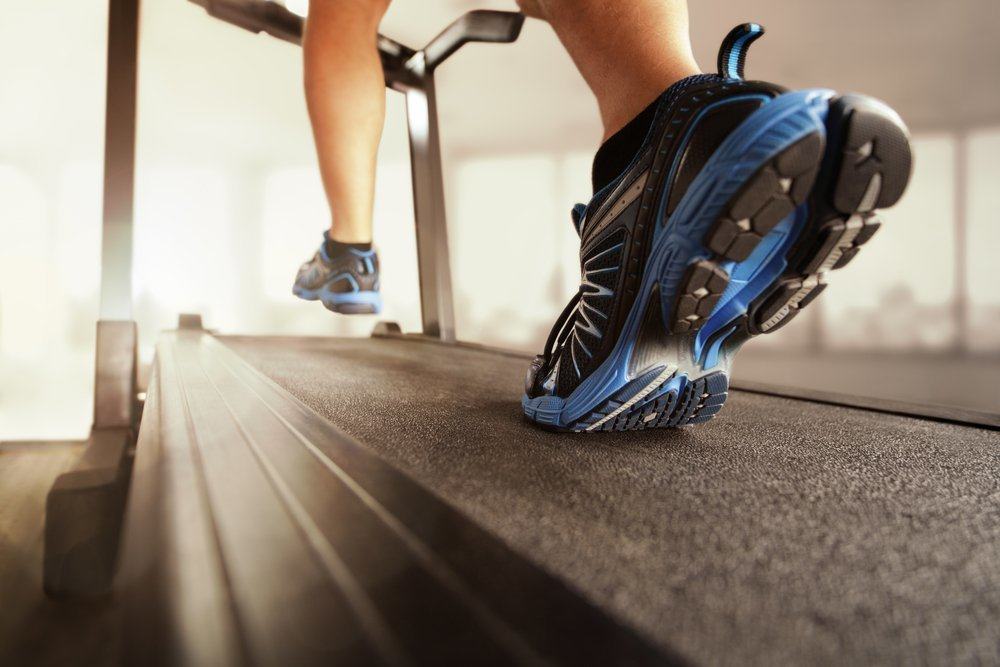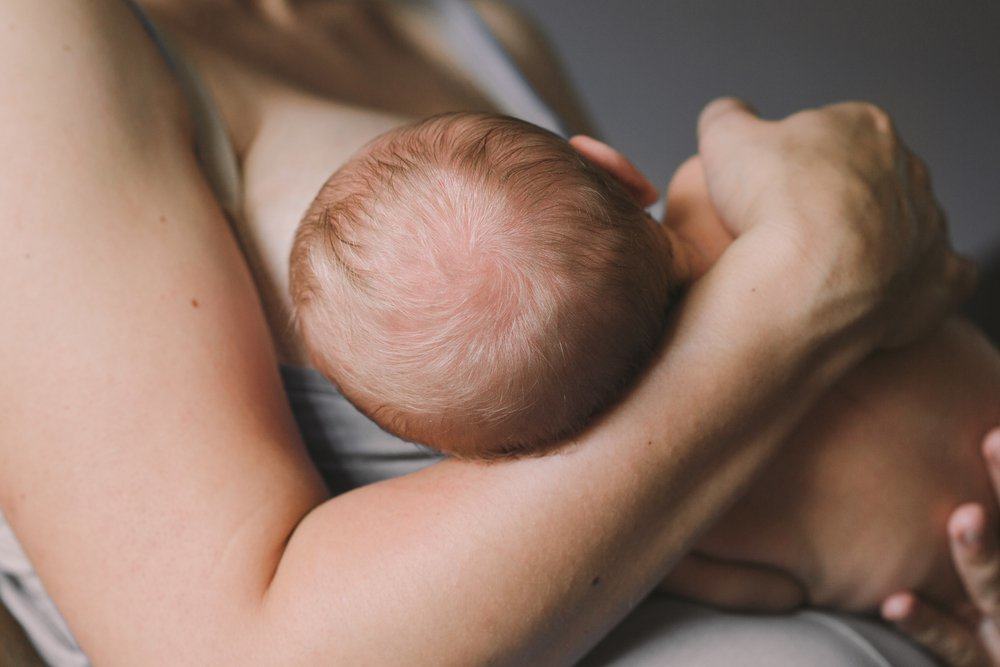Contents:
- Medical Video: Why You Drool When You Sleep and How to Stop It
- Why can you drool while sleeping?
- Then, how do you get rid of saliva during sleep?
- 1. Change sleeping position
- 2. Treat allergies and sinuses
- 3. Reduce sweet foods
- 4. See a doctor
Medical Video: Why You Drool When You Sleep and How to Stop It
Although drooling during sleep is more common in infants and children whose facial muscle control is still unstable, adults can also wet their pillows during sleepless nights. Adults sleep drooling generally reasonable, but is there a way to get rid of saliva during sleep?
Why can you drool while sleeping?
All functions of the body will stop temporarily throughout the night's sleep to be rested, except for the work of the heart, lungs and brain.
Saliva is produced by salivary glands that are controlled by the brain. The brain continues to work even as long as you dream, the mouth will continue to produce saliva. As a result, saliva will pool in the mouth.
In a conscious state, the facial muscles, tongue, and jaw muscles, will work to keep the saliva from seeping out of the mouth or swallowing excess saliva back into the stomach. But because all the muscles of the body will relax throughout the night, their ability to keep saliva in the mouth will decrease.
Plus, sleeping in a tilted or fluctuating position makes it easier for the mouth to open, so that saliva can flow out more easily.
In addition, the cause of drooling during sleep is also often experienced by people who are colds, flu, allergies, or recurrent sinus infections. This respiratory disorder makes the nose blocked so that they unconsciously have to breathe through the open mouth, even during sleep.
Then, how do you get rid of saliva during sleep?
Although it is generally reasonable, drooling during sleep can make you feel embarrassed when caught sleeping by a friend. Not to mention the trace of saliva that dries on the cheeks can decorate your morning. Check out some ways to get rid of saliva during sleep that you can try.
1. Change sleeping position
If you have always slept side by side or on your stomach, now is the time to try changing your favorite sleeping position. Try to get used to sleeping on your back by inserting bolsters or thick pillows on both sides of your body, and under your knees so you don't roll over in the middle of the night.
Also look for sleeping pillows that aren't too hard or too high. The neck does not have to look up or just drooping down during sleep, enough to support it so that the head remains parallel to the upper back and spine.
This body position can hold saliva in the throat and gravity helps prevent saliva from seeping from the mouth.
2. Treat allergies and sinuses
Sinus infections, colds, and relapsing allergies can make you sleep poorly until you drool because of a blocked nose. So, drink your medicine first before going to bed to be able to breathe freely during sleep. Most cold medicines, allergies, and colds can be purchased at a pharmacy or drug store without having to redeem recipes.
3. Reduce sweet foods
Try to limit sweet and sugary foods as a way to get rid of drool during sleep. Reported on the Verywell page, eating lots of sweet foods can stimulate saliva production. The more sugar you eat, the more saliva produced in the mouth.
4. See a doctor
If the saliva that comes out during the night is very excessive until it looks like a flood, you should consult a doctor. Especially if it is accompanied by other symptoms such as difficulty breathing or swelling of the lips or face. Severe drooling can cause skin irritation and damage.
Too much production of saliva also risks causing you to choke during sleep which can be dangerous. When inhaling, stagnant saliva can flow into the lungs and increase the risk of lung infections called aspiration pneumonia.
Botox injections or the use of scopolamine patches can be a way to get rid of excessive drooling during sleep. Scopolamine patches are usually taped behind the ear, and one strand must be worn for 72 hours.
Scopolamine side effects include:
- Dizzy.
- Sleepy.
- Heart beat fast.
- Dry mouth.
- Itchy eyes.
Drooling during severe sleep may also be caused by nerve disorders due to cerebral palsy, Parkinson's disease, Down syndrome, to multiple sclerosis. For these cases, the doctor may prescribe glycopyrrolate as another alternative. This drug works to reduce the production of saliva by blocking nerve impulses. Possible side effects are:
- Easy to get angry.
- Difficulty urinating.
- Hyperactive.
- Reddened skin.
- More sweating.

